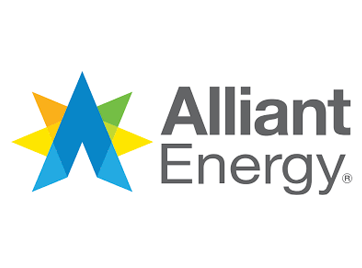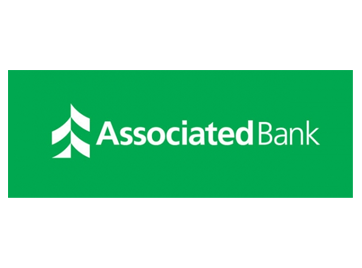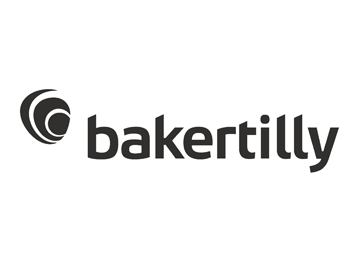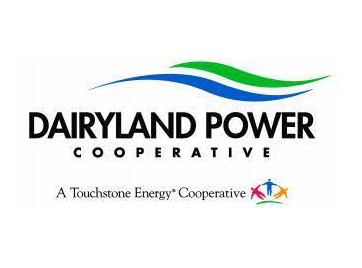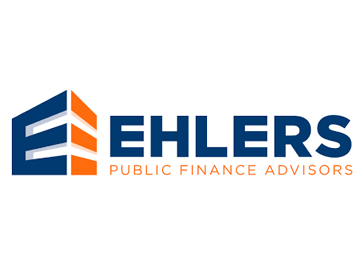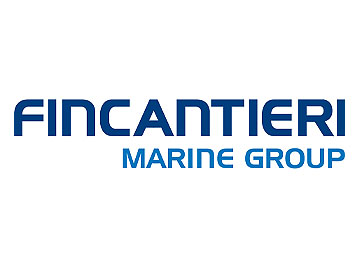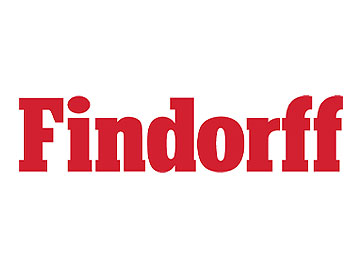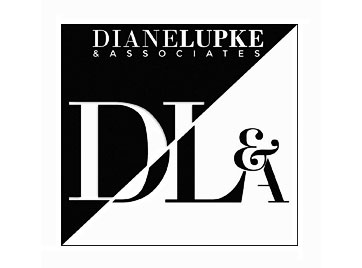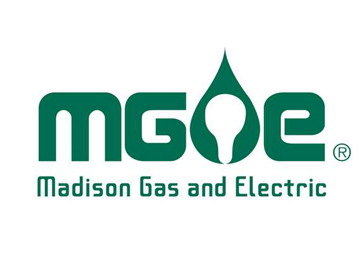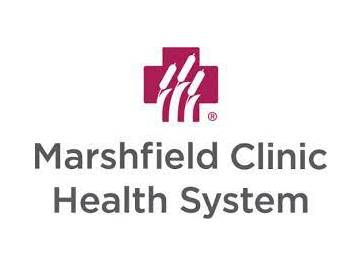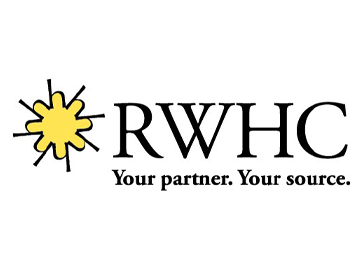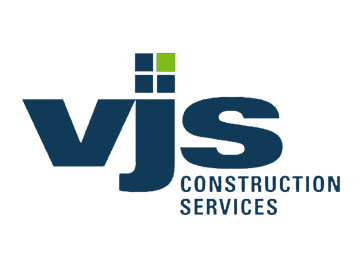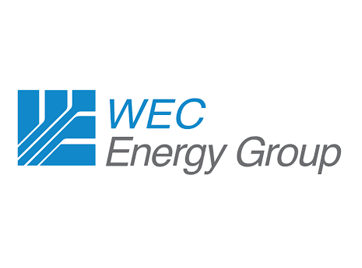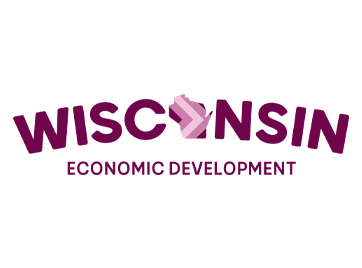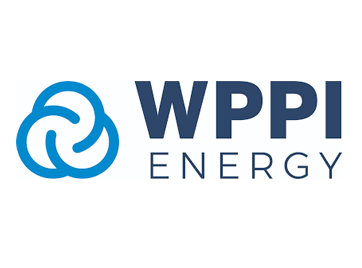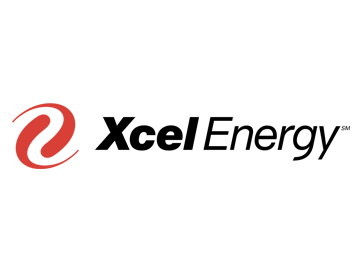Talent attraction solutions top WEDA’s legislative wish list
Other legislative priorities include wetland regulation reform and dark stores bill
The holiday season is here, and like many this time of year, WEDA has compiled a wish list. But this wish list doesn’t include gifts that can fit in a stocking or be placed under the tree. Rather, this is a list of WEDA’s legislative goals for the New Year – those we hope to achieve before the Legislature adjourns in early 2018.
At the top of WEDA’s legislative wish list is legislation to attract talent to Wisconsin and help address the state’s worker shortage. Of course, there is no silver bullet or single policy that will solve Wisconsin’s workforce challenges, but we must start somewhere, and WEDA has been active in identifying potential solutions.
The 2017 WEDA Fall Conference – A Convening on Workforce Training, Retention, and Attraction – employed a new format to gather feedback from participants, including public and private stakeholders, on the workforce challenges facing the state’s business community.
Participants were also asked about three legislative proposals offered by WEDA to bolster the state’s employee training programs, retain home-grown talent, and attract in-demand professionals to Wisconsin. While participants recognized some value in each proposal, the message was loud and clear: WEDA’s legislative efforts on workforce should be focused primarily on talent attraction, and any talent attraction legislation championed by WEDA should be big and bold.
As a result, WEDA conferred with a handful of lawmakers to develop a much bigger and much bolder talent attraction bill. The bill, which will likely be introduced next month or in early 2018, would create a tuition reimbursement grant program to encourage out-of-state students who attend college in Wisconsin to remain in the state after graduation.
Under the proposal, out-of-state students who graduate from a UW-System institution or a Wisconsin Technical College System school and stay in Wisconsin after graduation to live and work would be reimbursed 50% of the difference between in-state tuition and what they paid in out-of-state tuition. To be eligible to receive the full reimbursement, a graduate must remain in Wisconsin for seven years after graduation. The reimbursement grants would be distributed in equal payments over five years – in years three through seven after graduation. An individual would lose eligibility under the program if they leave the state or stop working.
The program would offer a significant financial incentive to prospective applicants and could be an effective talent attraction tool. For example, an out-of-state undergraduate student who attends UW-Madison pays roughly $24,000 more per year than an in-state student. Doing the simple math, that’s $96,000 over a four-year bachelor’s degree. Under the bill, an eligible individual who graduates from UW Madison would be “reimbursed” 50% of that difference — or roughly $48,000. Again, quite an encouragement to remain in Wisconsin after graduation.
And the numbers suggest an incentive that big will be needed to keep out-of-state graduates here. According to data compiled by the UW System, over 90% of UW System out-of-state students leave Wisconsin within two years of graduation. With more than 3,000 out-of-state students graduating each year, that’s a lot of talent fleeing the state.
We already know Wisconsin has a hard time attracting talent to live and work in the Badger State – for a whole host of reasons, including cold weather and often unfair perception of the state. If we’re going to reverse that trend, what better way to start than to focus on a population that has already agreed to move to Wisconsin – at least temporarily. They understand firsthand the value of living in Wisconsin and all the state has to offer. It’s a true incentive program that, at the end of the day, is simply asking out-of-state students to earn in-state tuition by staying, working and paying taxes in Wisconsin after graduation.
Given the cost of the proposed bill and the short window before the end of the legislative session early next year, it will be a challenge to pass the bill before the Legislature adjourns. However, at the very least, the bill will enhance discussions in the State Capitol about workforce development policies and how the Legislature can best position the state to attract the best and brightest to Wisconsin.
Other WEDA legislative priorities
While workforce development has dominated WEDA’s advocacy efforts over the past several months, there are several other legislative issues important to WEDA members. The following bills – which are all strongly supported by WEDA – are also on our legislative wish list:
Dark Store Legislation
This legislation (SB 292 / AB 386) would close the dark store property tax loophole in Wisconsin. Using the dark store loophole, large retailers argue their stores should be valued as if they were empty or “dark”, rather than a thriving, active business. This selective application of the property assessment methodology benefits one property taxpayer over another and shifts a greater portion of the tax burden to homeowners and small businesses.
The bill requires assessors to consider certain factors when comparing properties to determine the value of a property for tax purposes. The bill also provides that an assessor cannot use a vacant store as a comparable when assessing the value of the property of an active store.
Among other concerns, WEDA is worried that the growing use of the dark store loophole will limit the effectiveness of Tax Incremental Financing (TIF). Many TIF districts contain multiple large retailers, and municipalities rely on the tax generated by those retailers to fulfill their TIF obligations. Continued use of the dark store strategy would financially harm TIF districts across the state.
The bill received approval from a key Senate committee earlier this fall, but it faces an uphill battle in winning approval from the full Legislature. The WEDA government affairs team will continue to advocate for passage of the bill and will be calling on WEDA members to reach out to their local legislators on the issue.
Wetland Regulatory Reform
WEDA is currently advocating for two wetland-related bills. The first piece of legislation (AB 388/SB 320) exempts discharges made to an artificial wetland from state permitting and mitigation requirements. The bill defines an artificial wetland as “a landscape feature where hydrophytic vegetation may be present because of human modification to the landscape or hydrology and for which there is no prior wetland or stream history.” The bill has been approved by committees in both the Assembly and Senate and is awaiting further action by the Legislature.
WEDA also supports a much broader wetland regulatory reform bill. Under the bill (AB 547), isolated, nonfederal wetlands would be exempt from state permitting requirements. The bill would also exempt artificial wetlands from permitting and mitigation requirements. In addition, the legislation would require more efficient use of funding generated by the state’s in-lieu fee subprogram to preserve high-quality wetlands in Wisconsin. The bill will likely receive a public hearing in December or in early 2018.
Historic Tax Credit
The budget bill passed by the Legislature in mid-September did not include an overall award cap on the Historic Tax Credit (HTC) program, which was initially proposed by Gov. Scott Walker. However, the Legislature’s budget did limit individual project awards to a maximum of $5 million per project. Unfortunately, the governor used his veto pen to reduce the HTC per project cap to $500,000. But the issue is not “dead.” A group of key legislators are working on new legislation to increase the per project cap to $3.5 million per project. A broad coalition of stakeholders, including WEDA, supports the yet-to-be introduced bill and will be urging lawmakers to pass it before the legislative session ends.
TIF Subtraction Legislation
Under current law, when a TIF district is terminated, 50% of the increment of the former district may be added to a municipality’s allowable levy. This recently introduced legislation (AB 659/SB 579) provides that if the base value of a TIF district is recertified due to the district’s subtraction of territory, the municipality may increase its levy limit by an amount equal to 50% of the subtracted territory’s value increment.
If you have any questions or would like more information on the above-referenced legislation, please visit WEDA’s online Bill Tracker or contact the WEDA office at weda@weda.org.


